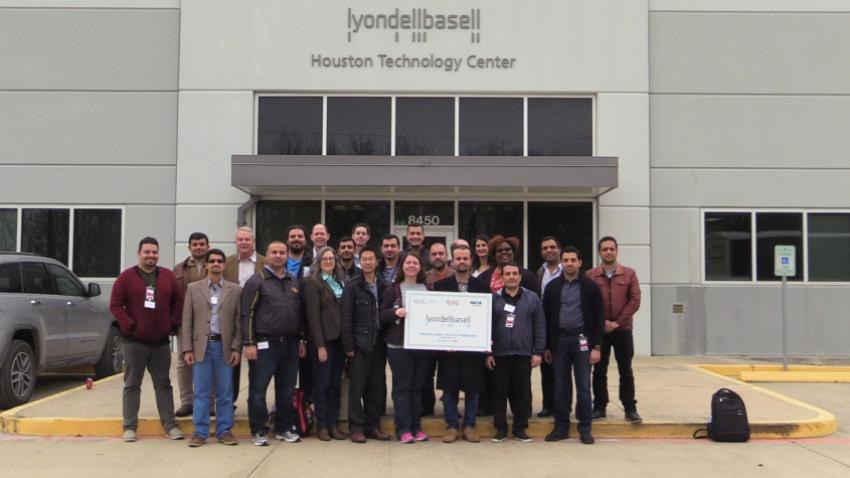
LyondellBasell’s Industry-Led Workshop to Learn Process Safety Best Practices
LyondellBasell, one of world’s the largest plastics, chemicals and refining companies, along with the American Institute of Chemical Engineers (AIChE), teamed up to teach college professors about process safety best practices so they can in turn better prepare their students for entering the chemical and refining industries.
More than 30 engineering professors from 16 colleges and universities, including seven Middle Eastern universities, attended the workshop to learn how process safety is put into industrial practice and the importance of process safety to the design and operation of a chemical and refining plants. LyondellBasell safety experts led the workshop and reviewed safety best practices and industry case studies with the faculty members. Additionally, visiting professors toured LyondellBasell manufacturing sites to see how process safety solutions are implemented in real life so that these practices can be shared in the classroom.
At LyondellBasell, we work every day to be the best operated company in the industry and that requires an unwavering commitment to safety.
-Dan Coombs
Last year, LyondellBasell announced a donation of $750,000 to the AIChE Foundation to support the organization’s Undergraduate Process Safety Learning Initiative, a core program of the Doing a World of Good campaign. Dan Coombs, LyondellBasell’s executive vice president of Global Manufacturing, Projects, Refining and Technology and member of the AIChE Foundation Board of Trustees Corporate Council, reflected on the benefits of the initiative stating, “At LyondellBasell, we work every day to be the best operated company in the industry and that requires an unwavering commitment to safety. The AIChE Foundation’s Undergraduate Process Safety Learning Initiative provides the opportunity for our safety experts to actively engage in better preparing faculty members and developing curriculum that will give the next generation of chemical engineers a foundation of excellence in process safety.”
Some of the topics covered in the workshop included loss prevention strategy, hazard identification methods and risk assessment, dispersion and consequence modeling, inherently safe design, and evaluating the availability of safeguards.
"Every graduating chemical engineer will practice process safety no matter whether they enter industry or continue their education. However, process safety education has often been overlooked or treated lightly in the curricula," said Colin Howat, Ph.D., P.E., Emeritus Professor from the University of Kansas and one of the organizers of the faculty workshop. "Chemical engineers cannot learn process safety by trial and error when the error can be catastrophic for personnel, environment, society, companies and laboratories. Industry and academe have joined together in this initiative to ensure that process safety is incorporated into the curricula throughout the world so every graduating chemical engineer has a working knowledge of process safety."

